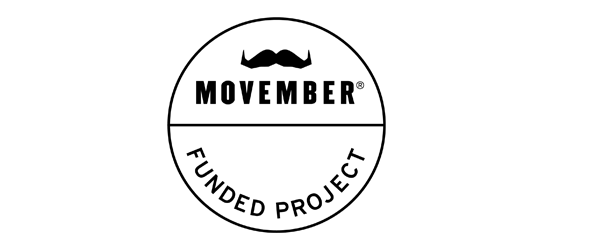
Movember to fund big data research on diverse prostate cancer experience
A project that will test the use of AI and other measures in improving healthcare access and outcomes for Australians from culturally and linguistically diverse (CALD) backgrounds who are living with prostate cancer, has been awarded a $295,000 grant by men’s health champion Movember, as part of its global Prostate Cancer Health Equity Program.
Jointly led by Associate Professor Mei Ling Yap, Program Head of Cancer at The George Institute for Global Health and Conjoint Associate Professor at UNSW Sydney, and Dr. Maryam Naghsh Nejad, Senior Research Fellow at the Centre for Health Economics Research and Evaluation (CHERE) at UTS, the study will gather critical insights to guide healthcare professionals and policymakers in addressing care gaps. The investigator team also includes researchers from South-Western Sydney Local Health District, the Ingham Institute for Applied Medical Research and people from culturally diverse and refugee backgrounds with lived experience of prostate cancer.
Many ethnic populations must navigate significant barriers to healthcare, from language and financial challenges to health systems that are not culturally safe, pointed out A/Prof Yap.
“People from minoritised ethnic populations are often underrepresented in clinical trials, and vital data on ethnicity, language and migration status is rarely captured in Australia’s health records, making it difficult to identify and improve disparities in care and treatment,” she commented.
To address these issues, the study will link national and state datasets, including census and migration data and analyse hospital records using novel AI methods, to shed light on the experiences of CALD prostate cancer populations. A panel of people from diverse ethnic backgrounds with lived experience of prostate cancer will guide the research to ensure their voices and experiences shape the study.
The study team will use real-world data through a large-scale national data linkage to better understand the outcomes and experiences of people from CALD backgrounds who have been diagnosed with prostate cancer.
“We’re thrilled to be working with Movember on this program, because all people diagnosed with prostate cancer deserve equitable access to high-quality healthcare and the best possible outcomes, regardless of their background,” A/Prof Yap said.
“Our goal is to look at how people from different ethnicities and cultures currently interact with health services, identify missing data, and pinpoint areas for improvement, to ultimately drive better outcomes.”
The research will focus on critical areas such as diagnosis, treatment access, mental health support, survival rates, and social and financial outcomes.



